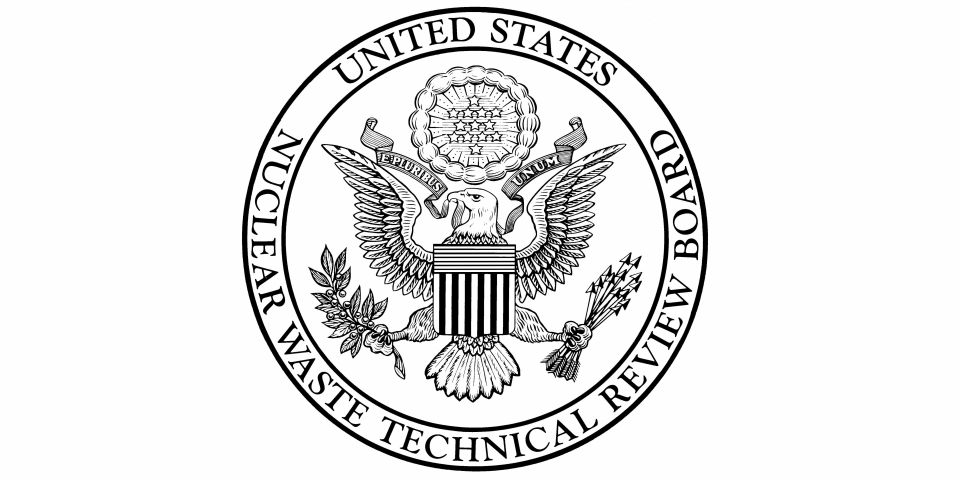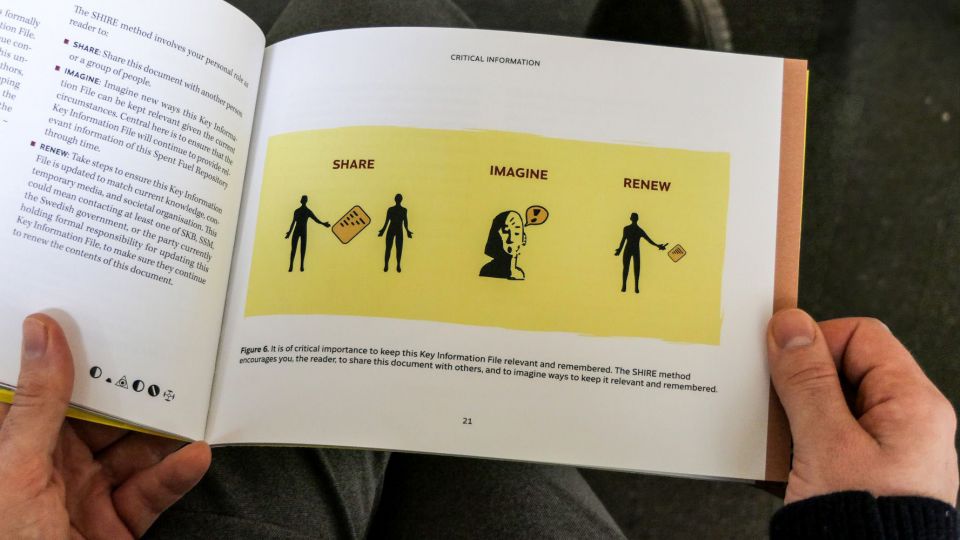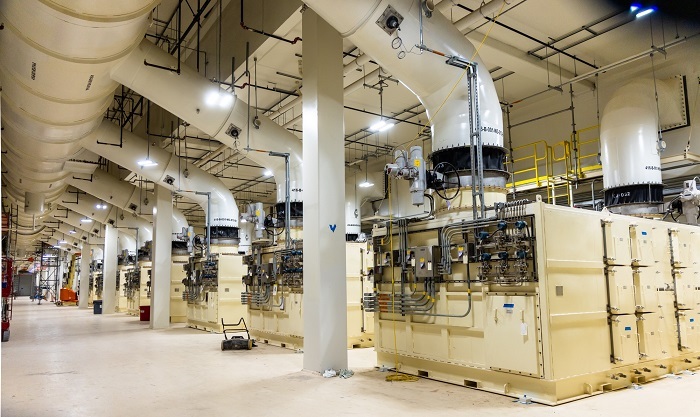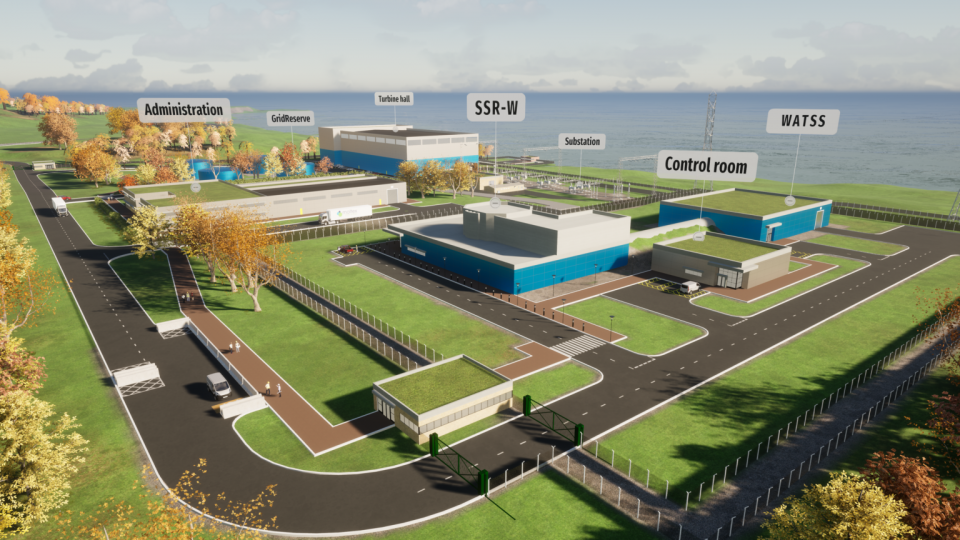In a letter sent to Congress on November 2, the organizations asked leaders of the Senate Environment and Public Works Committee and House Energy and Commerce Committee to direct the EPA to revise its standards under Title 40, Part 191 of the Code of Federal Regulations, harmonizing it with international practices for commercial SNF disposal.
“Regardless of future policy direction for the U.S. SNF management program, refreshing the EPA’s generic geologic repository standard for public health and safety is essential to prevent unnecessary delays after Congress has chosen a path forward,” the letter states.
Joining ANS in signing the letter are the Breakthrough Institute, Center for Climate and Energy Solutions, ClearPath Action, Energy Communities Alliance, Good Energy Collective, Nuclear Innovation Alliance, Third Way, and the United States Nuclear Industry Council.
The imperative: Noting that it could take the EPA 5–10 years to update its disposal regulations, the organizations said it is essential that work begin on updating the standards before the country begins the process of selecting a permanent disposal site for commercial SNF.
“It is imperative that the EPA begin this work as soon as possible, as these standards should be finalized prior to a site selection process,” the organizations said.
ANS Executive Director/CEO Craig Piercy added, “Starting work on a generic repository is a practical first step of the journey to a rational fuel cycle policy. It’s time to get started.”
Time would also be needed for the Nuclear Regulatory Commission to update its disposal rules under 10 CFR Part 60 following any revisions by the EPA.
Modern practices: The organizations also said the standards in 40 CFR Part 191, which dates to 1985, need to be updated to reflect the current state of science. As an example, they note that current EPA standards use generic/bounding calculations related to the performance of repositories in various geologic media. Those calculations, however, were performed prior to the development of more sophisticated methods used today.
The organizations also note that the EPA standards ignore modern international standards on how dose limits are measured and that is narrowly written for mined repositories.
The recommendations: To help spur the development of updated disposal standards, ANS issued peer-reviewed recommendations in August to guide the development of a risk-informed, technology-inclusive repository standard.
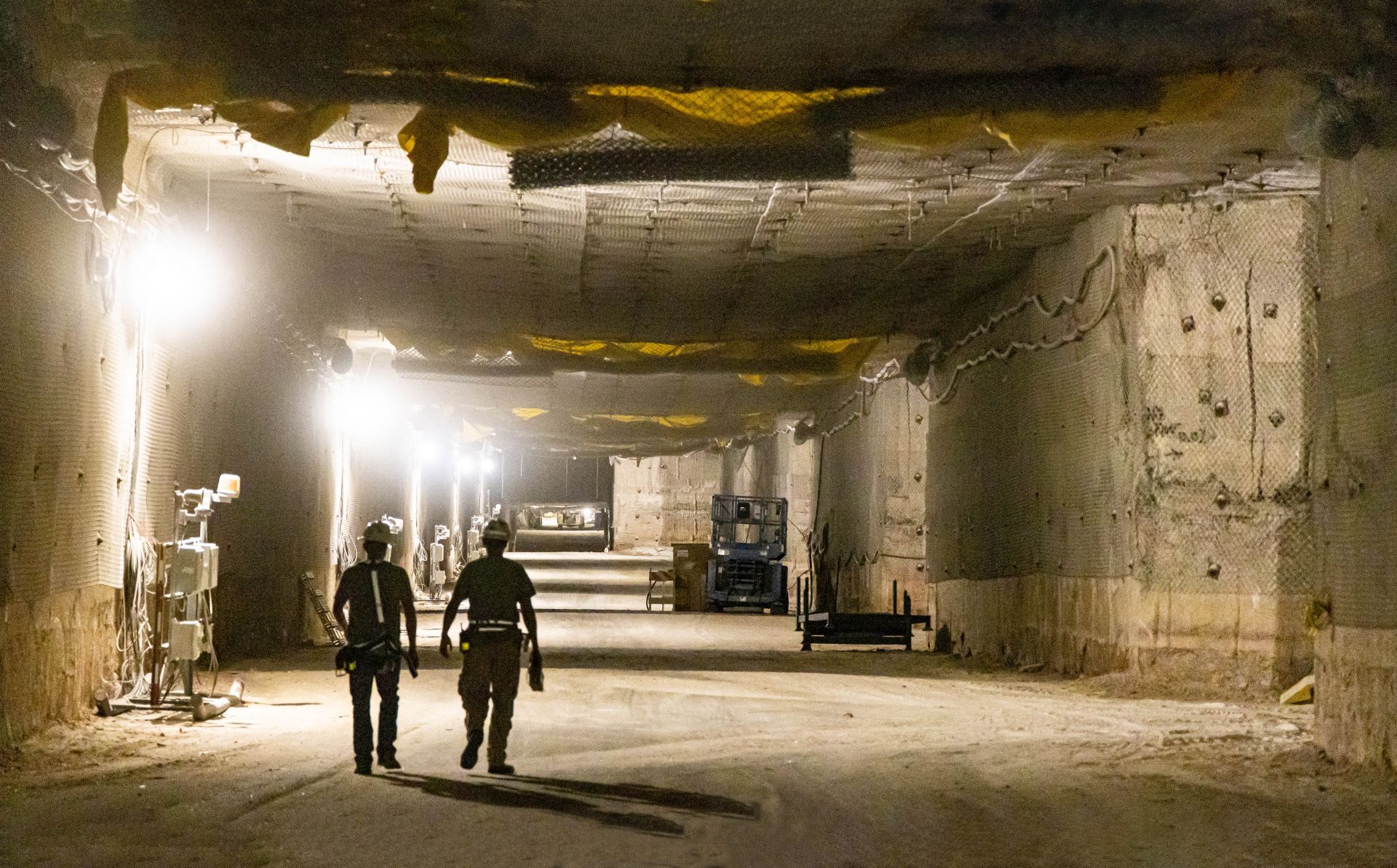


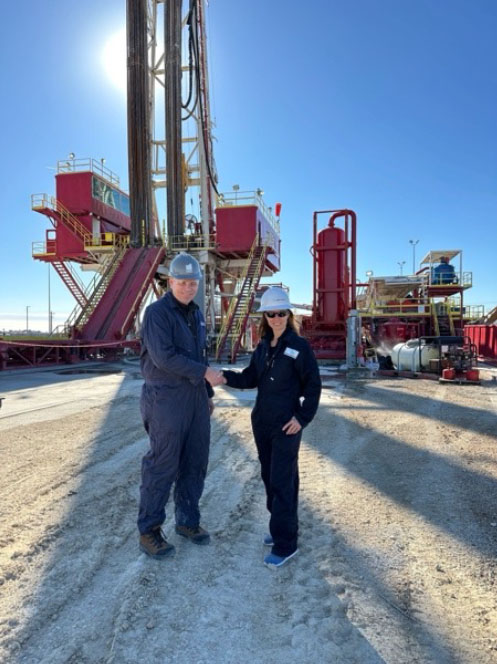.jpg)
